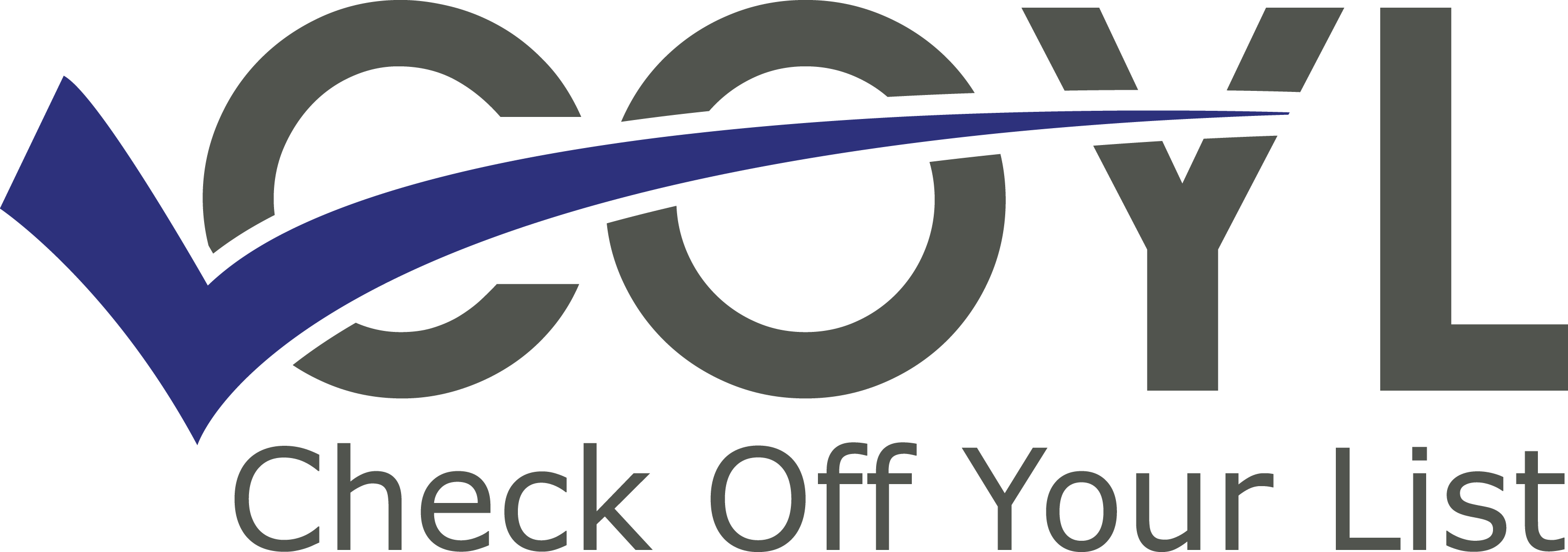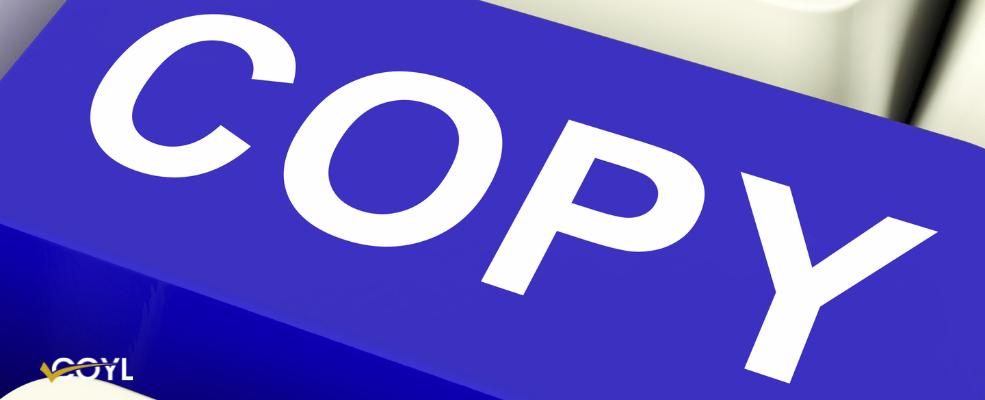CPA vs Bookkeeper. We know that both work on the books, but what do we mean by “books”? And what are the unique strengths of a bookkeeper compared to those of a CPA?At Check Off Your List, we want you to be well- informed and understand these roles and how they can take your business to the next level as you focus on your zone of genius. ( Here’s a little hint of what’s to come: Your business needs both)
But first, what’s the difference between a CPA and a Bookkeeper?
A bookkeeper’s zone of genius is the day-to-day transactions. They are logging and categorizing your transactions all month long by tracking income and expenses, breaking out payroll, and ensuring depreciable purchases are added to your balance sheet. Since they are in the trenches, they provide up-to-the- minute updates on matters like cash flow and forecasting, and they will also recommend financial reports that allow you to see month to month so you can more efficiently make adjustments to benefit your bottom line. Because the bookkeeping is completed accurately and consistently, your taxes will be filed timely.
A CPA’s zone of genius is tax strategy. Their objective is to minimize your tax bill. They are staying on top of ever-changing tax laws to keep you compliant. If you are audited by the IRS, they can support and guide you. A CPA can also be a second set of eyes on the bookkeeper’s work. As we all know, reviewing is not doing. CPAs audit accounts, publish audited financials, oversee bookkeepers, and check for major financial issues.
This boils down to the basic difference of a bookkeeper vs CPA: your bookkeeper is regularly keeping your books up to date while your CPA is only reviewing once a quarter or once a year when it’s tax time.
Wow… that sounds like bookkeepers and CPAs each do a lot—Do I need both?
Yes, we recommend you have both since they have different areas of expertise but work seamlessly together. We do, therefore, admit that opening question was a trick one ( but we kind of hinted at that, didn’t we?). The conventional take that you don’t need a CPA when you have a bookkeeper— or vice versa—no longer applies in the fast pace of today’s marketplace. Here are some other reasons you should have both:
- No Conflict of Interest – It’s helpful not to one specialist in charge of all the finances. Therefore, you can trust that both parties are doing everything in your best interest.
- Cost-effective – Don’t pay CPA rates for those day-to-day transactions. The experts on those services are bookkeepers.
- Experts in their niche – Their zones of geniuses are different and should be leveraged for your business advantage.
We strongly encourage you to meet weekly with your virtual bookkeeper to stay on top of the day-to-day operations. Plus, having your bookkeeper partner with your CPA will ensure that every part of your business’s financial health is in tip-top shape. We aren’t setting your CPA vs bookkeeper, you will need both.
We also promised to change your understanding of the word “books,” and we hope you can see that when we talk about your “books” we mean the literal books of your finances. To put it simply, the CPA will understand the summary of your books, while the bookkeeper knows what’s in there like the back of their hand. Or to use an analogy: It’s the difference between say, for instance, the head chef (CPA) who designs the menu and the sous chef who ensures that vision is carried day-to-day. A truly efficient and successful business, like an effective kitchen, depends on both.
Now you know the different jobs of a CPA vs Bookkeeper, time to get your books in order.
If you are ready to outsource your bookkeeping, Check Off Your List is here! Set up a consultation to discuss your CPA vs bookkeeper needs. Our virtual bookkeepers would love to help you get your books organized and ready for your CPA to review. You can set up a call or send us an email through our contact form.





